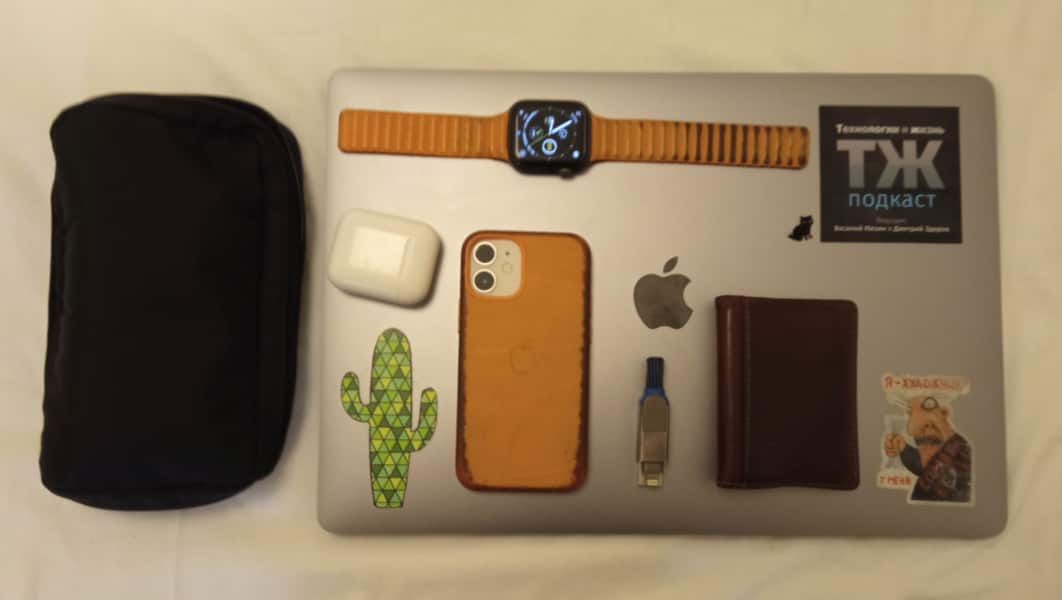My Observations After A Job Search

Recently I had to go through a process of finding a new job, which included searching for positions, interviewing, and negotiating.
The skills and qualifications you use to do the job versus searching for that very job are quite different. It becomes obvious to anyone who has gone through this endeavor.
Because you don't do job hunting every day and that skill isn't sharpened, I thought I'd share a few key points I wish I had known from the beginning.
I was not any good at this task because I never had to do a cold job search for the entirety of my career. Every time I was invited to a job interview was through a friend or ex-colleague, or a client I already knew well, so it was a done deal. But this time around, I had to do the whole thing on my own.
I started by updating my LinkedIn profile, then my résumé. I set the process in motion after I posted the new shiny résumé on numerous job search websites.
My cold search approach consisted of three main directions:
- Applying to companies directly through their career pages
- Applying via LinkedIn and other job search sites
- Posting my résumé on several job search sites.
The Cold Outreach Phase Of The Job Search
Prepare a short and long résumé
How long should the résumé be? Short, one-page résumé often works better than a multi-page one, but prepare both. Each has its purpose.
Use the job posting as guidance
Your summary and skills bullet points should be tailored to the position you are applying for. I suggest you don’t make stuff up, but you’ll need to align the skills you already have with what they are looking for and do that with keywords that are used in the ad.
Create new dedicated methods to contact you
I strongly recommend creating a dedicated email address and, if you can, getting a separate phone number for this process.
You will be getting a lot of calls and messages. After you find a job, they will continue to contact you, thus, having designated contact info that you can switch off will eliminate future annoyances.
Know what position you’re applying for
At the beginning of the process, I was not sure exactly what position I was looking for, it complicated things. It’s better to concentrate on one, two, maybe three positions at most.
Initial Calls With Recruiters
Once you post your résumé online you will be bombarded with calls from recruiters and soon it will become overwhelming.
They all will be asking the same things:
- Are you still on the market?
- What are your salary expectations?
It might take you several days to get a sense of what most of them are willing to offer.
It’s different with direct applications, and oftentimes you do not negotiate compensation until the late stages of the interview process. Companies recruiting without external help can offer a higher salary, but your competition is tougher too.
Typical processes start with initial screening by HR or a recruiter (often, it’s the recruiter's manager who contacted you the first time).
Prepare a short story that explains who you are, what you’ve done, and what you are looking for. It's the most common snippet you'll repeat in almost every conversation. Make it relatively short, and be ready to say it in under a minute. You should not just prepare it in your mind but also write it out word for word and practice saying it out loud. You should update any wording if it sounds unnatural, and write it exactly as you speak.
When going into your employment history, it’s better to start with the older jobs and finish with the most recent one. Your last position should account for about half of what you say here.
Prepare to answer the usual question, “Why are you looking for a new job?”
Job Interviews
Once you pass the initial screening and if they like you, they will try to schedule a first real interview.
Try to find out who will be on the call and look them up on LinkedIn. It will help find common ground for a conversation. Some people can open up to you that way. You are half the way to success if they like you personally.
These days most of the interviews are done remotely, but sometimes you will be asked to come to their office. In either case, do not dress too casually.
If you get nervous, here's a trick to try if you don't mind drinking. 15-20 minutes before the call, drink a shot of hard alcohol. It will not be enough to get you wasted but you will feel more relaxed. Do not do that if you come in person. 😂
Take the first few interviews purely as training
Try recording audio of the calls and listen afterwards. This is a great tool to improve what you say and how.
There are typical questions for each profession, and you'll get them repeatedly. Prepare a bunch of short stories for most common questions. You can even try to memorize them. To appear prepared, you must speak smoothly and naturally.
Be Ready To Endure Discomfort
A good portion of the questions sounds fake and forced, any normal person won’t feel right answering them. They often are there to test how you can deal with that kind of pressure and tasks in a real life environment.
For example, they will ask you to describe your weaknesses or something you are not good at. This is a tricky request, so prepare for it, and have a short story that sounds realistic yet is not an impediment to doing your job.
Prepare To Interview Them
Usually, you will be asked if you have any questions for them. It is an important part, too, because you are often judged by what you ask them. Having knowledge of the company ahead of time will allow you to ask relevant questions.
Here’s a tip to see how you are doing. A good interview consists of two parts:
- First, they try to understand if you are a good fit for them.
- Then, if you pass, they will move to the part where they try to show that they are a good match for you. That’s when your prepared questions come in especially handy.
Don't get discouraged if some interviews are harder than others. Your journey will eventually lead to success, but the process might take longer than you think.
Negotiation an offer
It is very common for compensation negotiations to take place at the end of the process. Make sure you don't hold back on what you want. It is just as bad to ask for too little as it is to ask for way too much. Prepare ahead of time by researching the average salary for this position. Make sure you ask them about their benefits, vacation time, and other benefits. It can be both pleasant and frustrating at the same time.
I recommend prioritizing the jobs you think will be most interesting if you have multiple offers at hand. Often you would be a better match for them too, and thus receive a higher offer from them as well.
Don't assume you got an offer just because they liked you. They will first tell you that they are ready to make you an offer. This is good, but it isn't the offer yet. Until you get a formal written offer, your job hunt isn't over.
Good luck.


